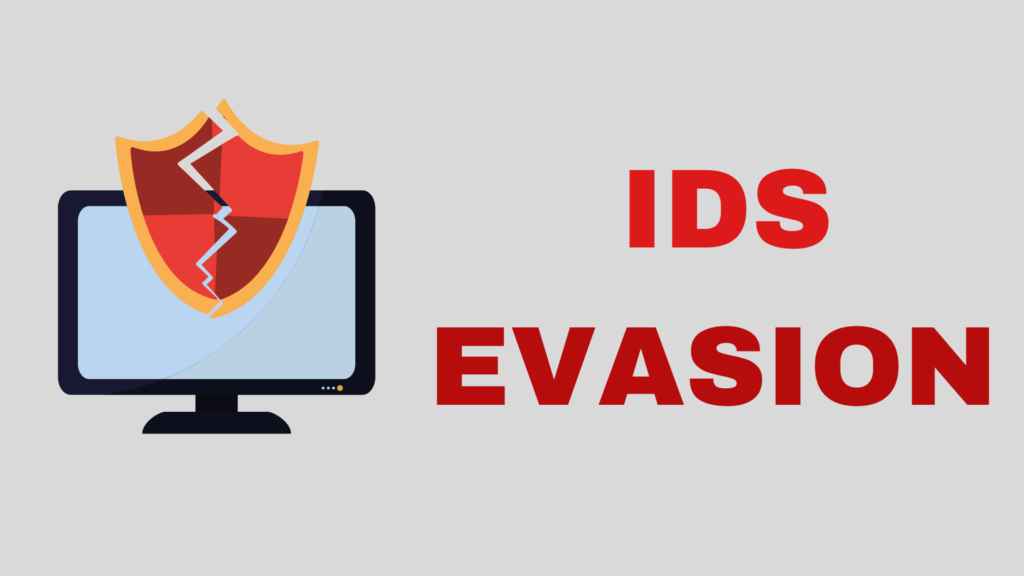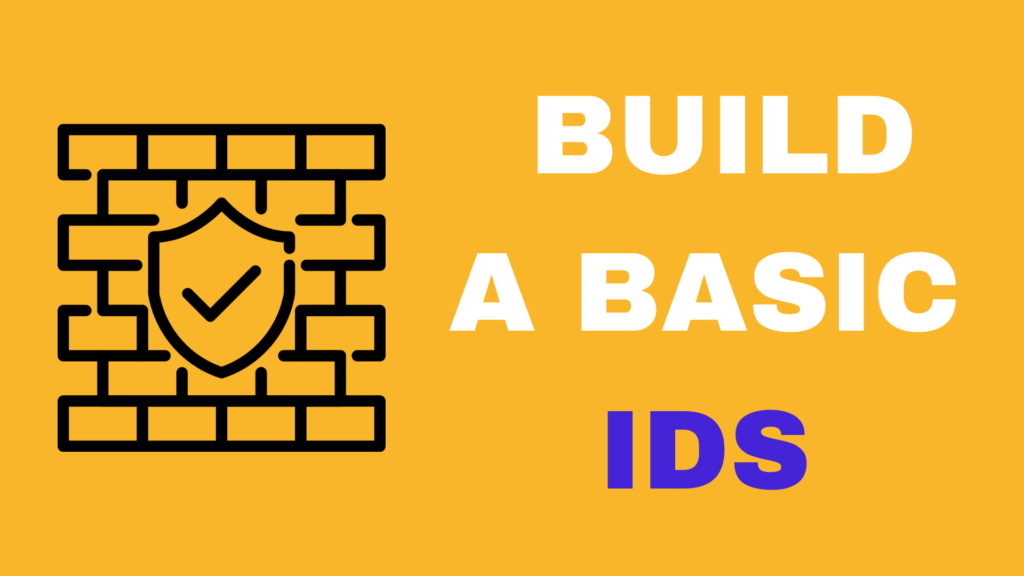Public Wi-Fi can be found almost anywhere, from coffee shops and airports to libraries and hotels. It’s convenient and often free, but it’s important to be aware of the potential risks associated with using public Wi-Fi. Hackers and cybercriminals can use public networks to access sensitive information, such as passwords and financial data, which can lead to identity theft and financial fraud.
Here are some of the dangers of using public Wi-Fi and how to stay safe:
Man-in-the-middle attacks
Man-in-the-middle (MITM) attacks occur when a hacker intercepts the communication between two parties, such as a user and a website, and can access the information being transmitted. This can happen on a public Wi-Fi network if the hacker is on the same network as the user.
To protect against MITM attacks, it’s important to use a virtual private network (VPN). A VPN encrypts your internet connection, making it more difficult for hackers to intercept and access your data.
Unsecured networks
Public Wi-Fi networks may not always be secure, as they often don’t have the same level of protection as a private, secured network. This means that hackers can potentially access the network and the information being transmitted over it.
To protect against unsecured networks, it’s important to use a VPN as mentioned above. Additionally, be sure to only access websites that use secure connections (https) and avoid entering sensitive information, such as passwords and financial data, on public Wi-Fi networks.
Malware and viruses
Hackers can use public Wi-Fi networks to spread malware and viruses to devices connected to the network. This can lead to serious problems, such as data theft and system damage.
To protect against malware and viruses, be sure to have up-to-date antivirus software on your device and avoid downloading unknown files or clicking on suspicious links while connected to a public Wi-Fi network.
Phishing attacks
Phishing attacks involve hackers posing as legitimate entities, such as banks or online stores, in order to trick users into giving them sensitive information, such as passwords and financial data. These attacks can happen over email, social media, or through fake websites.
To protect against phishing attacks, be cautious of emails or messages requesting personal information and only enter sensitive information on websites that you trust and that use secure connections.
In summary, public Wi-Fi can be convenient, but it’s important to be aware of the potential risks and take steps to protect yourself. Using a VPN, avoiding unsecured networks, protecting against malware and viruses, and being cautious of phishing attacks can help you stay safe when using public Wi-Fi.


